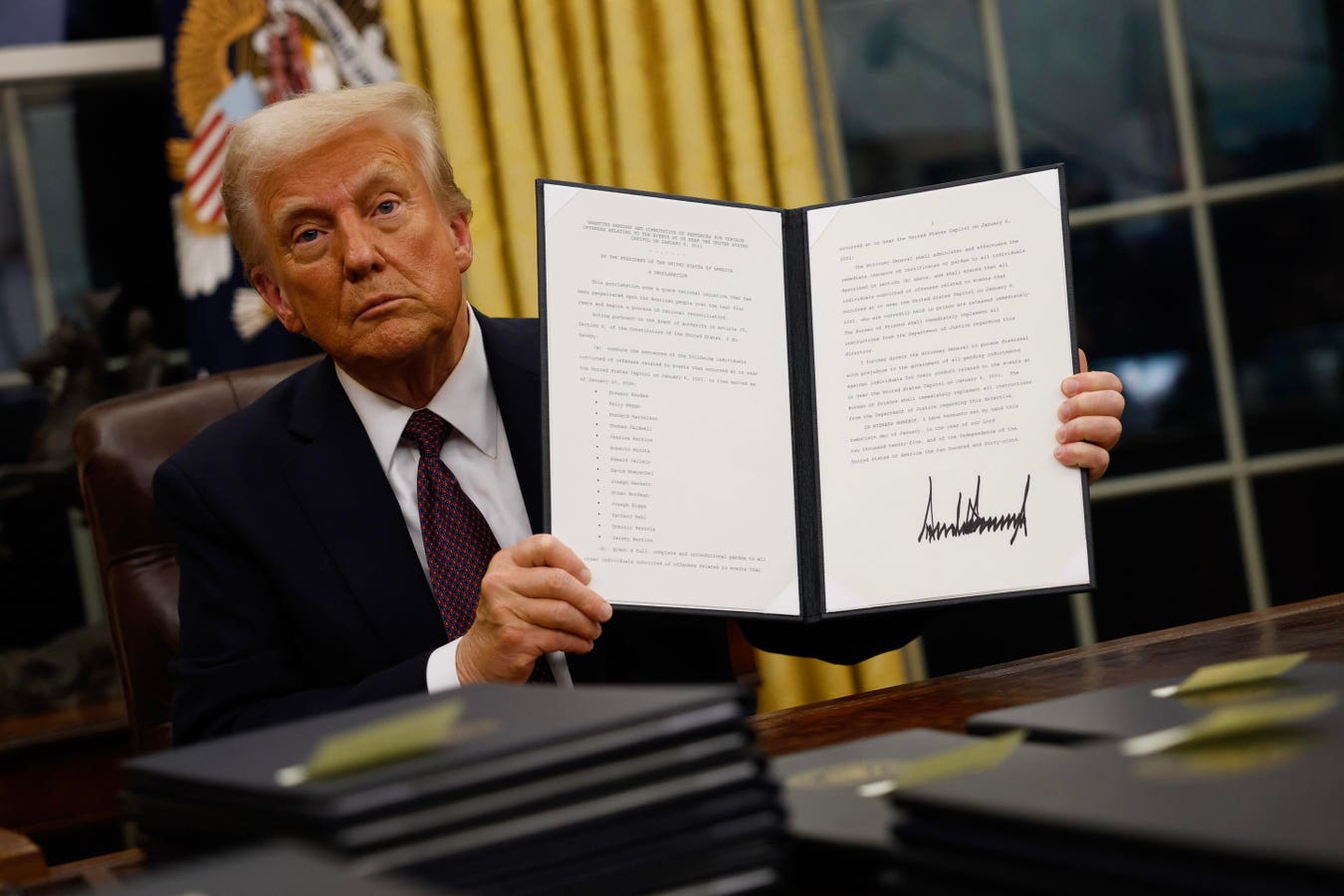Money
Will Student Loans Be Canceled If Trump Shuts Down Education Department?

The Future of the Department of Education and Federal Student Loans: What You Need to Know
Can President Trump Abolish the Department of Education?
The Department of Education (DOE) has been a target for President Trump, who has repeatedly expressed his desire to dismantle the agency. However, the reality is more complex than his rhetoric suggests. The DOE was established by Congress in 1979, and eliminating it would require a congressional act. A president cannot unilaterally abolish a federal agency through an executive order. While Trump has Republican support, previous attempts to dismantle the DOE, such as during Ronald Reagan’s presidency, failed due to lack of bipartisan consensus. Legal experts and political scientists agree that abolishing the DOE would be a lengthy and politically challenging process.
Even if Congress were to approve the dismantling of the DOE, the transition would not happen overnight. Federal agencies are not easily disbanded; their responsibilities are typically absorbed by other agencies or restructured. This means that the DOE’s role in overseeing federal student loans would likely shift to another agency, such as the Department of the Treasury or a newly created entity. However, the legal obligations tied to federal student loans would remain unchanged for borrowers.
What Happens to Federal Student Loans if the DOE is Abolished?
One of the most pressing questions for borrowers is: What would happen to federal student loans if the DOE were to be dismantled? The short answer is that borrowers would not see their debts wiped out. Federal student loans represent a financial obligation between borrowers and the government, with repayment terms legally binding through promissory notes. Eliminating the DOE would not erase these obligations.
Instead, the DOE’s responsibilities, including the oversight of federal student loans, would likely be transferred to another federal agency. Conservatives advocating for the abolition of the DOE suggest moving the Office of Federal Student Aid (FSA) to the Department of the Treasury. The FSA, which manages federal student loans, would continue to operate under the Treasury Department’s oversight. Borrowers would still be required to make payments, but the agency managing their loans would change.
The Impact on Student Loan Borrowers
For student loan borrowers, the most immediate effect of the DOE’s abolition would be minimal. Payments would continue as usual, but the agency overseeing the loans might change. However, the long-term implications could be more significant. For instance, student loan forgiveness programs, such as Public Service Loan Forgiveness (PSLF) and Income-Driven Repayment (IDR), could be at risk. These programs are currently administered by the DOE, and their fate would depend on the restructuring of the agency.
Additionally, the terms of new student loans could change if the program is shifted to the Treasury Department. There is speculation that the Trump administration might push for privatization, reverting to a system where loans are issued by banks rather than the federal government, as was the case before 2010. This could lead to changes in interest rates, repayment terms, and other conditions.
The Role of Private Loan Servicers
The DOE does not directly handle student loan payments; instead, it contracts private loan servicers to manage repayment processes. Even if the DOE were abolished, these servicers would continue to collect payments and assist borrowers. Borrowers would still interact with the same servicers, and their repayment schedules would remain unchanged. However, the oversight of these servicers might shift to a different agency, potentially altering how issues are addressed or how servicers are held accountable.
The Broader Implications for Education Policy
The debate over the DOE’s future reflects a broader ideological divide over the role of the federal government in education. Trump and his allies argue that education policy should be left to states and local governments, while opponents believe that a strong federal role is necessary to ensure equity and accountability. If the DOE were abolished, it could signal a significant shift in how education is managed and funded in the United States.
For student loan borrowers, the key takeaway is that their debts would not disappear if the DOE ceases to exist. Instead, they would likely find themselves under the oversight of a different federal agency. Borrowers should remain vigilant, as changes in policy could impact their access to forgiveness programs or the terms of their loans. Staying informed and maintaining clear records of payments will be essential for navigating any potential changes in the student loan landscape. While the abolition of the DOE is a remote possibility, understanding the implications can help borrowers prepare for the future.